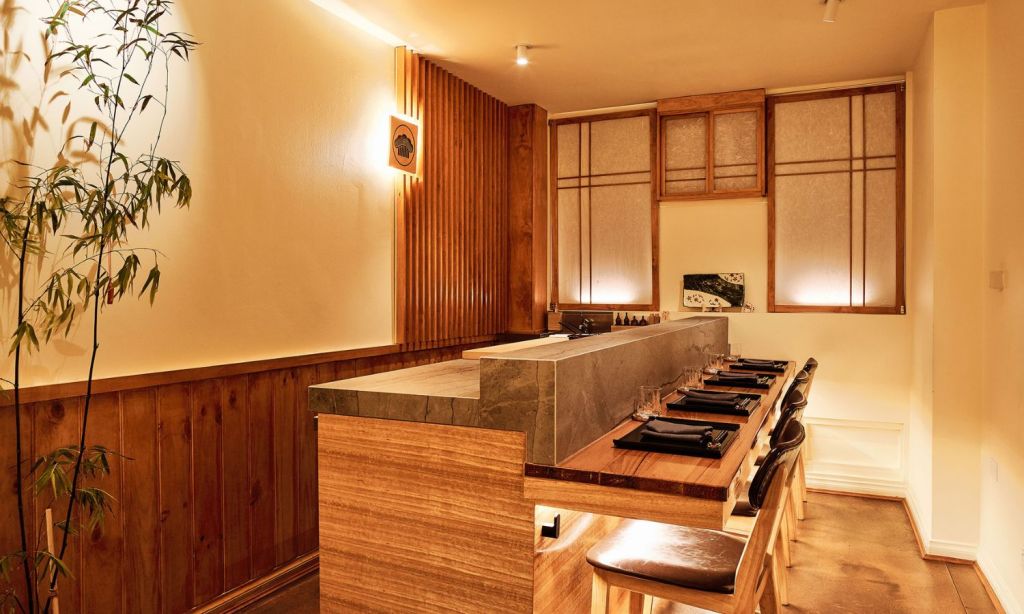The latest trend in Sydney and Melbourne dining is small. As in, it’s a big fad we’re seeing in more and more venues, but the literal trend is small venues.
La Prima in Sydney’s Paddington, which opened last year, holds 10 seated guests or 15 standing. Also opened last year, Vinabar, behind a prop banh mi cart in the CBD, holds 32 seated and Cellar By Luke in the Kimpton Margot Sydney holds 12.
In Melbourne, Enter Via Laundry, open in 2018, holds 20 seated, and Matsu, launched last year, holds just four seated.
Bookings for the 32 seats a week at Matsu, Melbourne’s smallest restaurant, are released on the first day of every month at 10pm. Matsu’s chef and owner Lee Hansol says economic reasons were the primary driver for him choosing its four-person capacity.
“The overhead costs associated with larger establishments, including high leases, operating expenses and renovation expenses, can be daunting for a new business,” he says. “By starting small, I could manage these costs more effectively.”
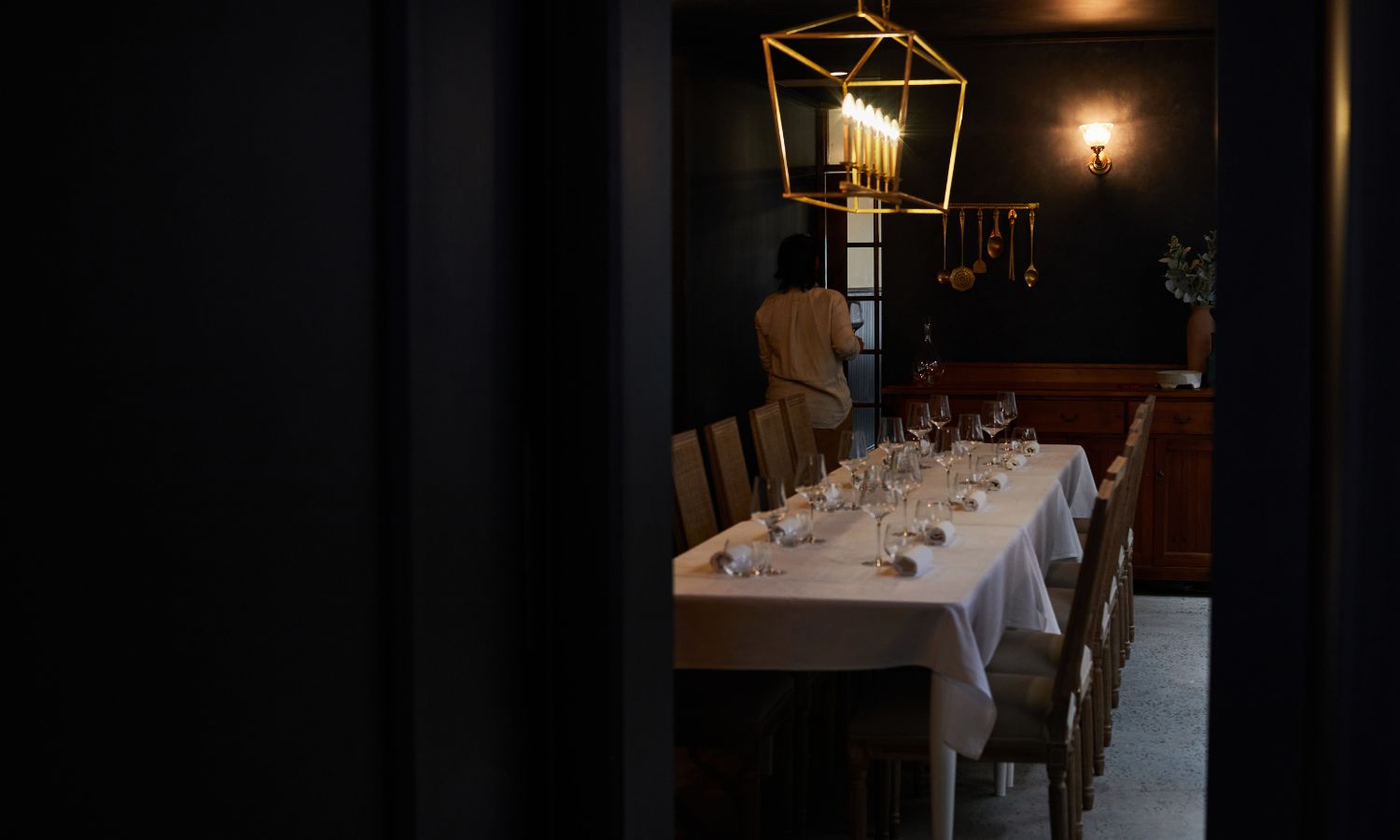
While Lee says there are pros and cons to running a small venue, the best part is that he gets to interact with and get to know his customers. Helly Raichura, owner and chef of Enter Via Laundry, agrees the rapport with customers an intimate setting allows for is one of its biggest positives.
“I hosted dinners at my home in Box Hill [Melbourne suburb], like a little supper club,” she says. “Though the word spread quickly and soon, we had a large waitlist for people wanting to eat at our shared dining table.”
Raichura put on pop-up restaurants during COVID, but in 2018, she opened the permanent venue in Carlton North. She says other motivators for capping Enter Via Laundry’s capacity were maintaining quality but with a small team, ease of execution of a menu that changes dramatically every few months and allowing for work-life balance.
“I think people don’t want to invest huge amounts [in opening a larger restaurant], as borrowing money is expensive these days and the economy isn’t promising,” Raichura says. “Small venues are more possible as the risk is less, the reliance on an investor is less.”
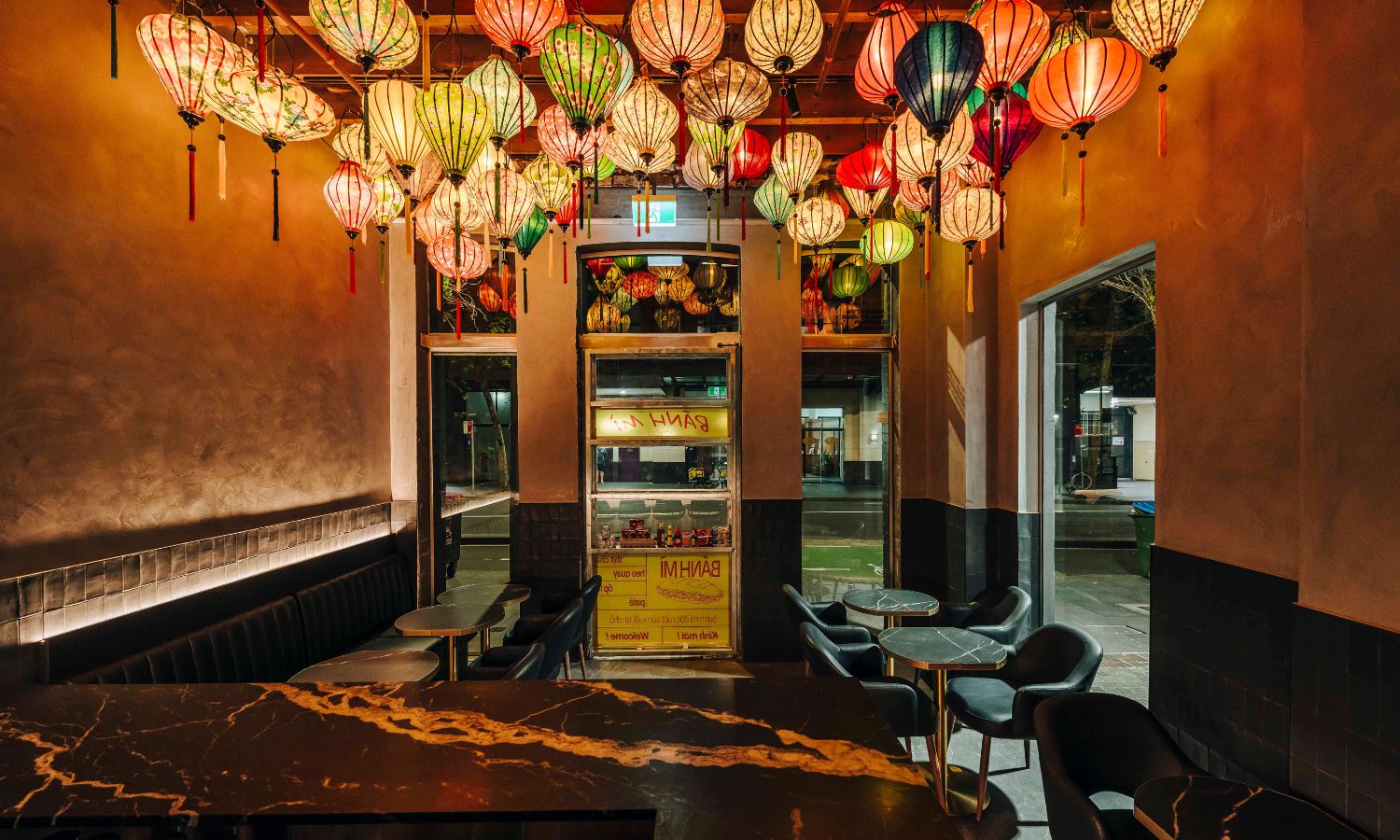
Vinabar’s co-founder Ashwin Arumugam agrees there’s less risk in opening a smaller venue, and that he felt less financial pressure, particularly with increasing wages and costs of goods. He believes operators are now realising that quality is more important than quantity.
“Having a small footprint means you are forced to get the service aspect and quality perfect because all eyes are on you in such a tiny space,” he says. “The feedback we’ve had so far is that guests love the intimacy of it.”
La Prima in Paddington occupies a garage next to the kitchen of an existing venue, El Primo Sanchez. The smaller venue sits behind an unmarked door laden with racks of spice jars. Inside is dimly lit, with just one bartender.
Stefano Catino, director of hospitality at Public Group who owns La Prima, says the idea came about when the group members were reminiscing about tiny cocktail bars in Oaxaca, where there’s only candlelight and mezcal.
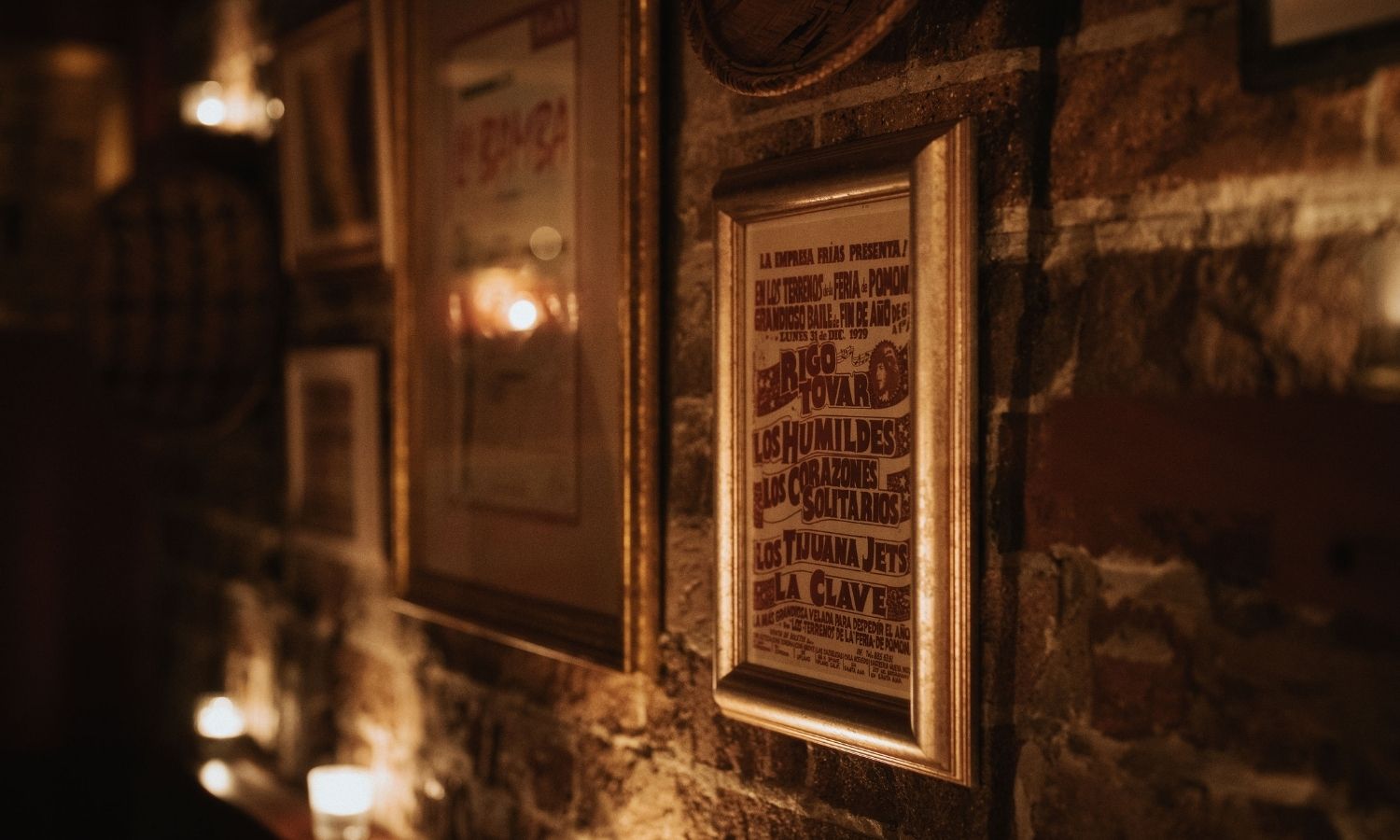
“We saw the opportunity to use the tiny space and offer people who love El Primo a completely reimagined hideaway,” Catino says. “Stepping inside, there’s a sense you’ve discovered something and are sharing it with just a few others, that it’s yours for the moment.”
Catino says having a more intimate bar inside a larger, busier bar gives Public Group as operators an opportunity to explore and stretch into new concepts and territories. They’re not confined by how big or small an area is, so can look at the space differently.
Luke Mangan, owner of Cellar By Luke, says the primary motivator for keeping guest count low at his 12-person venue was to create a dining experience with personalised service, ensuring it’s truly memorable for each guest and that they’re more able to forge a connection with the food.
“This intimate setting also allows us to custom-design every aspect of the evening, with a sense of exclusivity and connection for our guests,” Mangan says. “The rise in small, cosy venues in Australia shows that people are seeking truly unique experiences.”
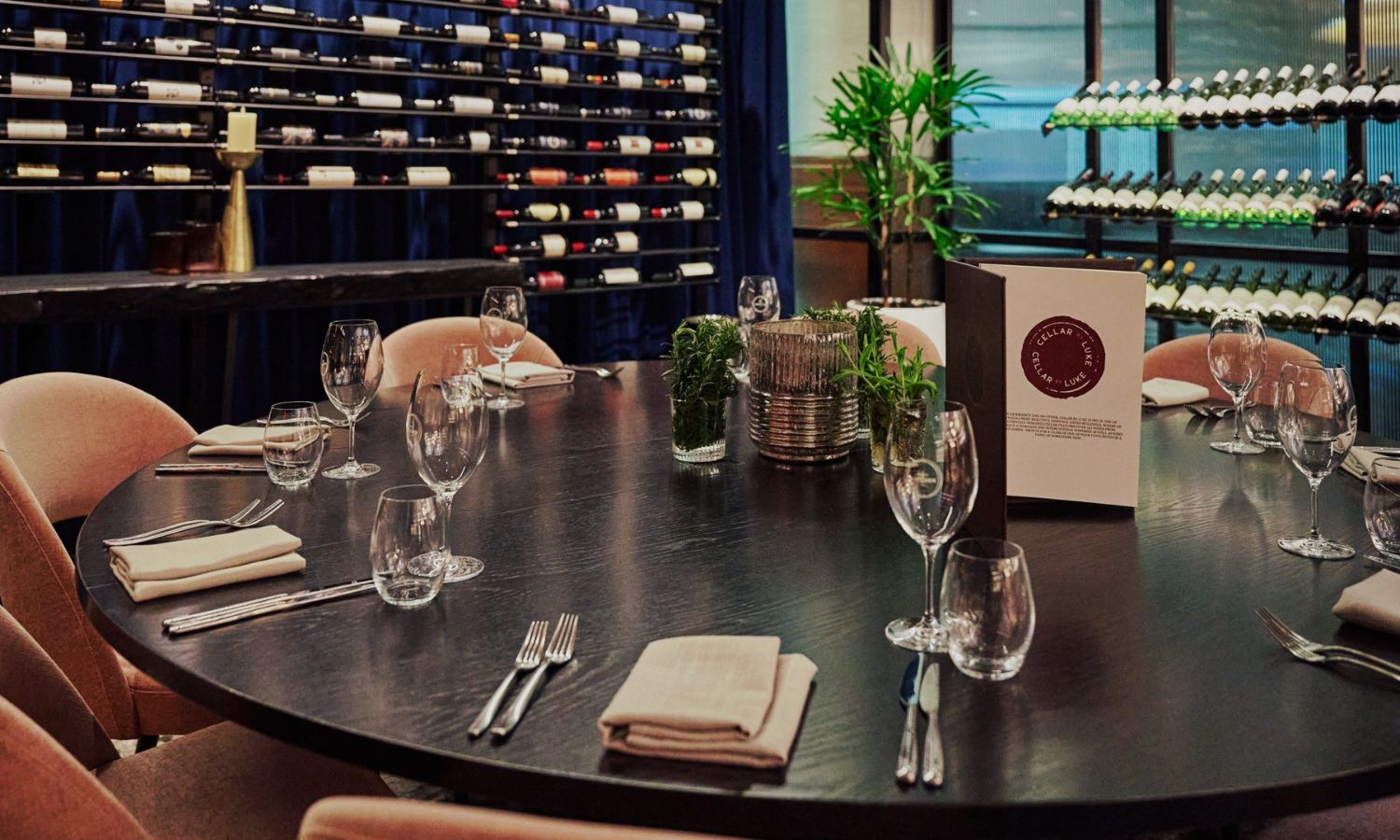
Raichura says tiny venues’ appeal to diners lies in the exclusiveness and fear of missing out. She likens them to exclusive, limited-edition bags.
“I don’t think bigger restaurants serve anything less quality or less thoughtful,” she says. “Hard work and passion are similar [at both bigger and smaller venues], and service as well, if not more. It’s just the model that’s different.”
She notes that 2023 saw the opening of many larger venues across Australia, many with theatrical feels. While she admits many tiny spots opened too, the number of larger venues surpassed that of smaller ones.
Still, with the strong appeal there for customers and operators alike, it’s likely the number of tiny venues in Sydney and Melbourne will continue to grow.
Tiny Restaurants to Visit in Sydney
La Prima
La Prima, which holds 12 seated, sits within Mexican restaurant and bar El Primo Sanchez in Paddington behind an unmarked door. Its owners modelled its look and feel after bars they visited in Oaxaca.
Vinabar
Vietnamese-inspired Vinabar can be found behind a prop banh mi cart on Kent Street. It holds 32 seated. The menu is concise with several cocktail and mocktail options, and baby ban mi.
Cellar By Luke
Cellar By Luke in the Kimpton Margot Sydney holds just 12 seats, offering diners a degustation menu.
Tiny Restaurants to Visit in Melbourne
Enter Via Laundry
Enter Via Laundry in Carlton North holds 20 seated. The menu features underrepresented cuisines from across India.
Matsu
Matsu in Footscray, which holds just four seated, serves set menus modelled around seasonality and locality rather than trends.
Related: Australia’s Hotel Restaurants Are Becoming Dining Hot Spots
Related: 7 Luxe-Feel Melbourne Hotels With Rooms For $250 or Less
Read more stories from The Latch and subscribe to our email newsletter.


